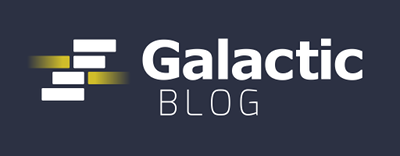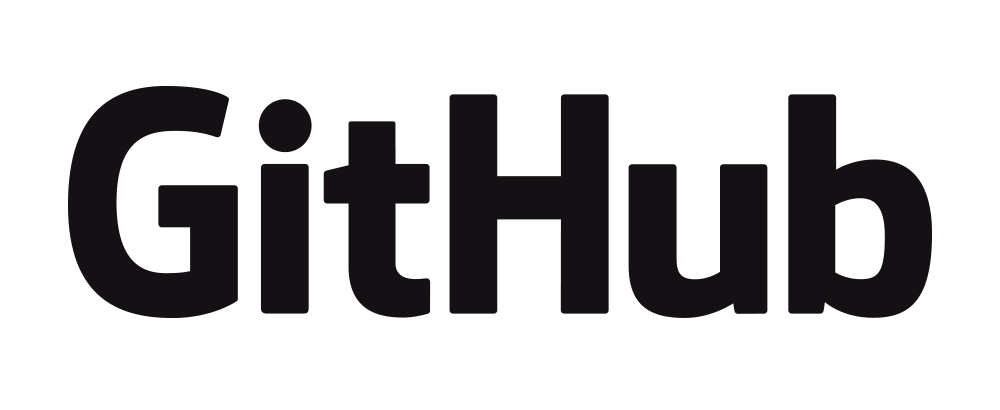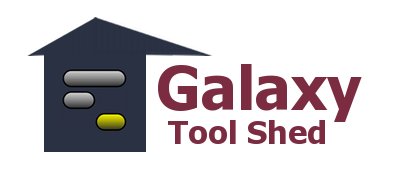Get Involved!
Galaxy is an open source project. What makes an open source project work is the community that supports it. There are numerous ways for people to get involved with Galaxy.
Mailing Lists
Galaxy has thousands of users around the world, all using Galaxy in different and often novel ways. When these users have a question or a topic to discuss, they post it to a Galaxy Mailing List (following Support guidelines), where the whole community can respond. You can contribute by posting your own questions, solutions, and experience.
Community Chatroom
Galaxy also has an open community chatroom. The channel exists on both IRC and Gitter, and the rooms are bridged together, so feel free to use whichever interface you prefer. This channel is intended to be an informal online gathering place for the Galaxy community to post questions and help each other out. If you are unfamiliar with IRC or Gitter, no worries -- we're friendly! Do note that the community is widely scattered across the globe, and when you post a question you may have to wait a little bit for someone to respond.
To join via Gitter, you can simply click the "OPEN CHAT" button at the bottom
right of this screen. If you prefer IRC, you can connect directly via browser
here, or via
irc.freenode.net in the room #galaxyproject, using your favorite IRC
client.
The #galaxyproject IRC channel has an online public
archive (starting 2014/10/22) and
these archives are included in the Galaxy search
engines.
Develop Tools and Tool Definitions
There are thousands of useful bioinformatics tools in existence and the Galaxy [Main](/src/main/index.md) server (and the [Galaxy Team](/src/galaxy-team/index.md)) cannot possibly support all of them. Only tools that are widely useful in many areas of biomedical research (and meet several other criteria) are available on Main.The Galaxy Tool Shed is a means to make other tools available for use within local and cloud-based Galaxy instances. You can create tool wrappers (usually a simple file encapsulating how Galaxy should treat the underlying software tool) in order to define tools within Galaxy. In order to share your tool with everyone, you can upload any given wrapper to the Tool Shed where it can be downloaded and installed into any Galaxy instance worldwide. To get you started we prepared this Adding tool tutorial for you.
If you want to make your tool available to the entire Galaxy ecosystem, please contribute a tool wrapper to the Tool Shed.
Sharing Galaxy Objects
You can help other users by sharing or publishing your Galaxy histories, workflows, and datasets with other Galaxy users. This allows others to examine your analysis in detail (histories), to reuse your analysis with their own input data (workflows), and to use your results in their own analysis (datasets).
You can also go a step further and document your analysis using Galaxy Pages. These are online documents which are tightly integrated with your Galaxy objects - they provide a written explanation of your analysis.
Report, Comment on and Vote on Issues and Features Requests
Have an idea for a feature? Found a bug? You can submit reports on issues and potential features, see what others have submitted, and comment and vote on anything on the https://github.com/galaxyproject/galaxy/issues .
Setup a Public Server
If and when you setup your own Galaxy instance, you can make it available to researchers outside your organization. A number of groups have done this, often making a different tool set from Main available. See Public Galaxy Servers.
Share Your Experience

The Galactic Blog features Galaxy related blog posts from community members. The blog contains longer form posts or pointers to longer form posts that are elsewhere on the web.
Documentation
This site contains a large amount of documentation about using and administering Galaxy. You can help keep this site current and relevant by maintaining it and by addressing gaps in the current documentation. See the CONTRIBUTING.md file for more on updating this site.
Code

Galaxy is an open source project. Anyone can contribute to the code.
You can also update the documentation.
Events
Galaxy has a presence at many Events throughout the year. This includes annual Galaxy meetings (2014, 2013, 2012, 2011, 2010); workshops, tutorials, and talks at meetings, conferences, and courses; and special events like the NBIC Galaxy Hackathon. See Events for a complete list and a link to Google Calendar.


